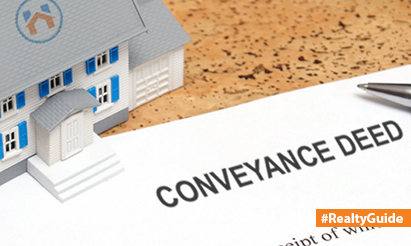All about security deposits and refund clauses!
Landlords frequently ask renters for a security deposit when renting out a home. A sum of money is paid as a security deposit upfront to indemnify the landlord against any harm the renter causes while the lease is in effect. We will go over everything you need to know about security deposits and return policies in this post.
What is a Security Deposit?
A quantity of money is given by the tenant to the landlord at the start of a lease term as a security deposit. To protect the landlord financially from any damage or unpaid rent brought on by the tenant, the security deposit serves this goal. Typically, the security deposit is equal to one or two months’ worth of rent.
Security Deposit Refund Policies
If the tenant has complied with all of the requirements of the lease agreement, the security deposit is refunded to the tenant after the lease period. Any overdue rent, harm to the property brought on by the tenant, or any other fees mentioned in the lease agreement may be deducted by the landlord from the security deposit.
Conditions for Security Deposit Refund
The lease agreement outlines the requirements for the security deposit reimbursement. The terms under which the security deposit will be returned to the renter should be made crystal clear in the lease agreement. The following criteria might apply:
- The renter has complied with all conditions of the lease.
- Except for reasonable wear and tear, the property is returned to the landlord in the same state as when the lease period began.
- The tenant has paid for all utilities.
- The renter gave enough advance notice to vacate the premises.
- All of the keys have been given to the landlord by the renter.
Timeframe for Security Deposit Refund
The leasing agreement also specifies when the security deposit will be refunded. The security deposit must be returned to the tenant by the landlord within a reasonable amount of time, which is typically 15 to 30 days following the end of the lease term.
Resolving Conflicts Regarding Security Deposit Refunds
There may be disagreements between the landlord and the tenant in particular circumstances over the return of the security deposit. Conflicts may occur if the landlord takes an excessive amount out of the security deposit or if the tenant objects to the deductions.
It is advised to use the legal system to settle such conflicts, which includes giving the landlord a formal notice, making a claim with the rent control authority, or bringing a lawsuit in civil court. It is generally important to document any interactions with the landlord and to document the property before moving out.
Conclusion
Security deposits and refund policies are crucial components of renting a home, to sum up. The landlord is insured by the security deposit against any damage or unpaid rent brought on by the tenant, and the security deposit repayment is subject to the terms and timelines outlined in the lease agreement. To avoid any disagreements over the return of the security deposit, it is crucial to read and comprehend the conditions of the lease agreement and to keep in touch with the landlord.
Disclaimer: The views expressed above are for informational purposes only based on industry reports and related news stories. PropertyPistol does not guarantee the accuracy, completeness, or reliability of the information and shall not be held responsible for any action taken based on the published information.




